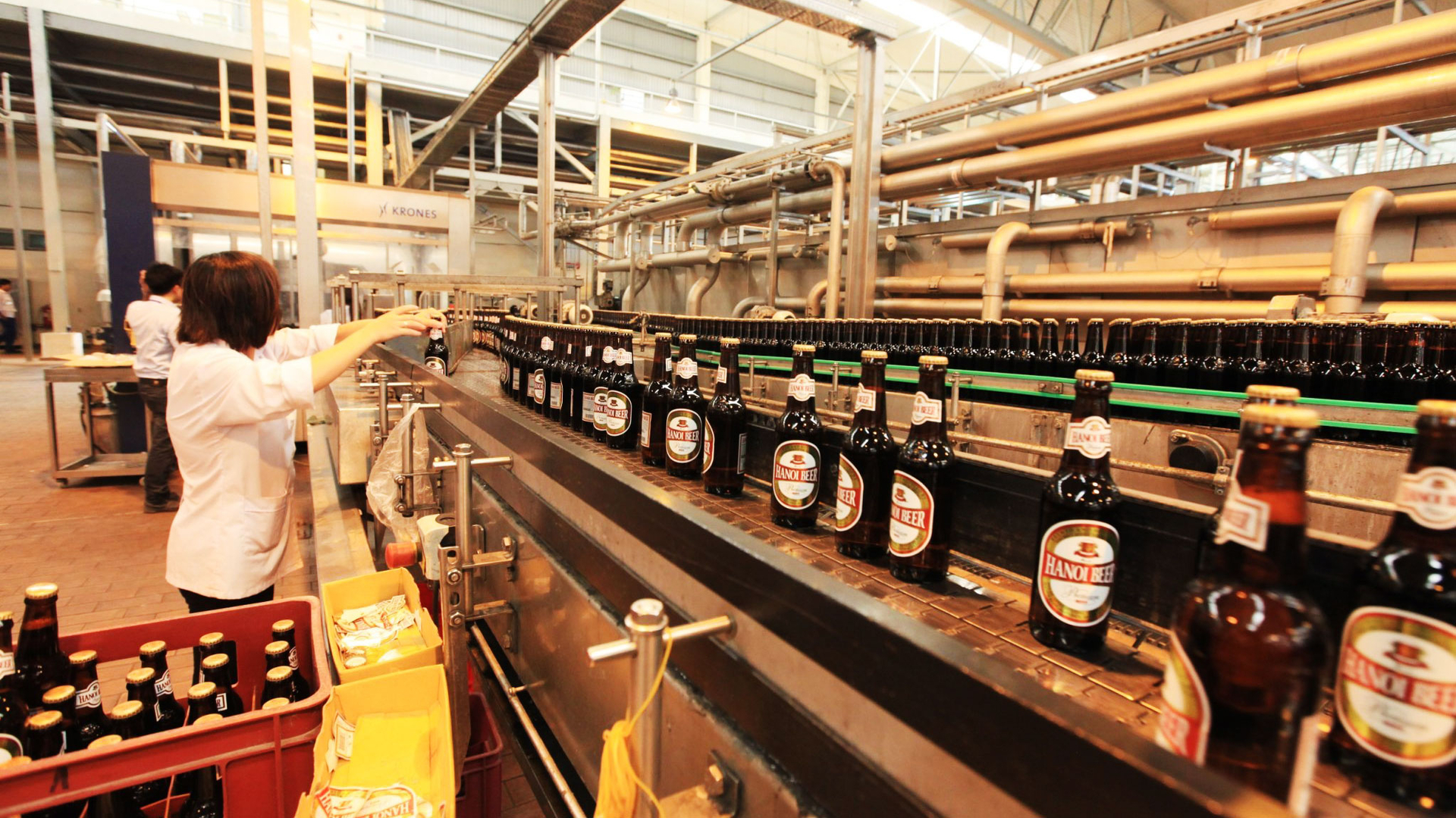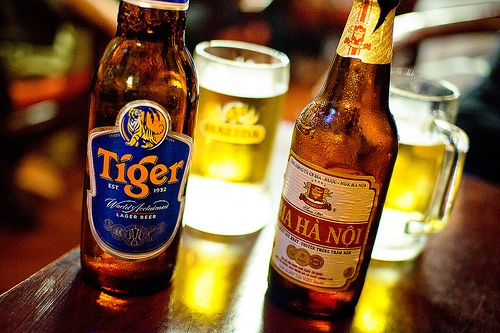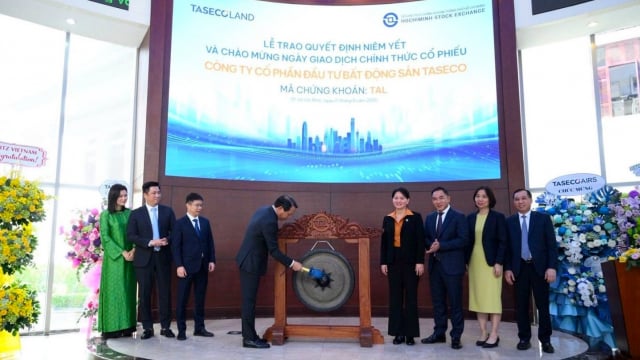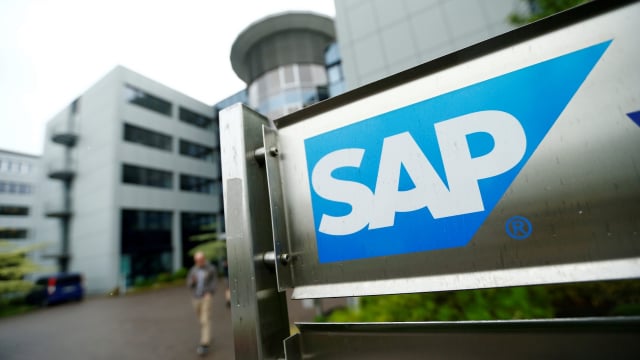Business
Alcohol industry braces for impact from special consumption tax hike
A swift increase in special consumption tax over coming years is expected to exacerbate challenges for alcohol producers, potentially complicating their ability to devise viable business strategies.
- Vietnam considers hiking tax on alcohol and beer 04/08/2024 11:17
Alcohol industry faces mounting challenges
The Ministry of Finance currently proposes two options for raising the special consumption tax on beer and alcohol, with the ministry favoring the option that includes a higher tax rate.
Under the proposed plan, by 2030, which is just six years away, alcohol with an alcohol content of 20 degrees or more and beer would be subject to a special consumption tax rate of 100 per cent, while alcohol with an alcohol content of less than 20 degrees would be taxed at 70 per cent.
These rates are significantly higher than the current rates of 65 per cent and 35 per cent, respectively.
For businesses, this tax hike is an unexpected shock, according to Nguyen Thanh Thuy Linh, head of legal compliance at Carlsberg Vietnam.
"This makes it difficult for businesses to formulate plans or decide whether to expand operations in the near future," Linh said.
Linh suggested that the tax increase should be implemented over a longer period. “The tax should only be raised 2 – 3 years after it is announced to allow businesses time to adapt and formulate appropriate business strategies,” she said.

Nguyen Hoang Giang, general director of Saigon Beer Trading Company (Satraco), a subsidiary of Sabeco, echoed Linh’s concerns. He warned that a continuous increase in taxes over the next six years would be a significant blow to the beer industry and related businesses.
"In the absence of positive economic forecasts for the coming years, such tax increases could push companies to the brink, increase the risk of closing smaller factories, lead to job losses, and reduce contributions to the state budget," Giang said.
This situation is further aggravated by rising raw material costs due to global market fluctuations, coupled with a significant decrease in consumer demand, intensified by the enforcement of Decree 100.
"Tax hikes have been implemented worldwide, benefiting state budgets. However, given the rapid pace of increases in the current context, we are quite concerned," Giang added.
He recommended that the magnitude and pace of the tax hikes should be carefully considered to balance the interests of the state, businesses, and consumers.
Trinh Thi Van Giang, a representative of the Wine & Spirits Sector Committee, European Chamber of Commerce in Vietnam, said the tax increase would force businesses to cut operating costs, even as the wine and spirits industry has been contributing significantly to Vietnam's economy.
In addition to these challenges, the wine and spirits sector will face further proposals and regulations, such as increased value-added tax, a global minimum tax, and regulations on extended producer responsibility.
Unlike other sectors, the alcoholic beverage industry does not benefit from VAT exemptions.
Call for extended roadmap for special consumption tax
At a recent seminar on special consumption tax organized by the Vietnam Chamber of Commerce and Industry, a representative of Hanoi Liquor and Beverage JSC argued that the proposed rapid tax increase would not effectively reduce consumption or protect consumers as intended.
He said higher taxes would lead to higher product prices, driving consumers toward cheaper counterfeit or homemade alcohol, which is difficult to regulate for quality. This pattern has been observed following previous tax adjustments.
He suggested a more gradual approach, proposing that the tax rate be capped at a 15 per cent increase from current levels, with a maximum rate of 80 per cent by 2030.
Tran Ngoc Anh, director of Corporate Affairs at Heineken Vietnam, also warned that a sharp tax increase could drive consumers toward unregulated products, negatively impacting public health and reducing state revenue.
Estimates suggest that if the special consumption tax rate increases as proposed by the Ministry of Finance, product prices could rise by 20 per cent, leading to a decline in production volumes and tax contributions, similar to what occurred last year.
Anh recommended that the special consumption tax rate on beer remain stable at 65 per cent for the first three years after the law takes effect, followed by increases every three years, with a maximum rise of 3–5 per cent each time, depending on global and domestic economic conditions.
Additionally, she suggested a separate tax schedule to encourage the production and consumption of lower-alcohol products, ensuring consistency and fairness between different types of alcoholic beverages.
Beer prices will rise dramatically due to higher tax
Samsung Vietnam appoints its first Vietnamese senior executive
Samsung Vietnam appoints Nguyen Hoang Giang to SEVT senior leadership, the first Vietnamese executive in the company’s local manufacturing units.
Michelin leads the smart mobility revolution with data and AI
Michelin is undergoing a strong transformation by applying AI and smart analytic, helping lead the smart, safe, and sustainable mobility revolution in the Industry 4.0 era.
LG Innotek secures $200 million IFC loan following revenue drop
LG Innotek Vietnam Hai Phong secured a $200 million IFC loan as revenue slows, aiming to expand camera module production while meeting sustainability targets.
Leading with empathy in Vietnam’s billion-dollar investment flows
For Koen Soenens, Sales and Marketing Director at DEEP C, empathy is a compass that guides major deals, the way a leader builds a team, and the ambition to create a sustainable industrial zone that carries a Vietnamese identity.
Taseco Land’s new logo marks a new growth trajectory
Taseco Land has shifted its listing to HOSE and introduced a new upward-pointing arrow logo - a visual statement of its strategy to raise capital, expand its land bank, and strengthen its standing in Vietnam’s real estate sector
SAP positions Vietnam as key R&D hub with €150 million investment
Located in the heart of Ho Chi Minh City, SAP Labs Vietnam is the second SAP Labs Network hub in Southeast Asia, following Singapore and is one of 20 countries that have SAP Labs globally.































![[Hỏi đáp] Bỏ thuế khoán từ 2026: Hộ kinh doanh có cần thuê kế toán?](https://t.ex-cdn.com/theleader.vn/192w/files/news/2025/12/03/ho-kinh-doanh-1120.jpg)





![[Hỏi đáp] Từ thời điểm nào hộ kinh doanh không được nộp thuế khoán nữa?](https://t.ex-cdn.com/theleader.vn/192w/files/news/2025/12/03/ho-kinh-doanh-0107.jpg)
![[Hỏi đáp] Bỏ thuế khoán: Hộ kinh doanh sẽ nộp thuế như thế nào?](https://t.ex-cdn.com/theleader.vn/320w/files/news/2025/12/03/bo-thue-khoan-0116.jpg)
![[Hỏi đáp] Hộ kinh doanh bị phạt thế nào nếu kê khai sai?](https://t.ex-cdn.com/theleader.vn/192w/files/news/2025/12/03/phat-ke-khai-thue-0122.jpg)



